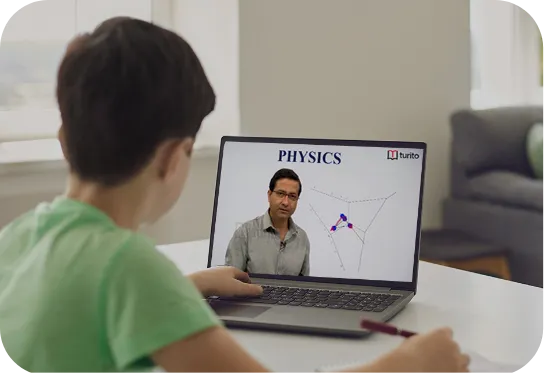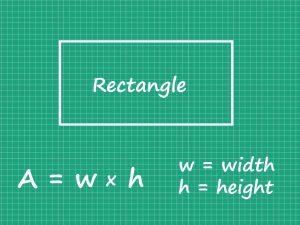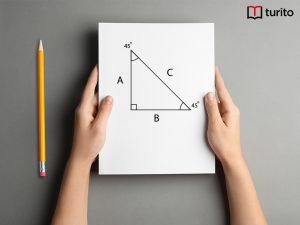What are Parts of Speech?
Parts of speech determine words’ grammatical and semantic position in a sentence.
Activity time
The parts of speech are nouns, adverbs, conjunctions, pronouns, interjections, adjectives, articles, prepositions, and verbs.
Identify the parts of speech of the underlined words in the following sentences.
- The white horse galloped along the street.
White- Adjective
- In the big box, put your belongings.
Big- Adjective
- Hurrah! The exciting finish of the football match went our way.
Exciting- Adjectives
- Gemmy has a new position.
New- Adjective
Wow! A wise, entertaining, and fascinating answer.
All the words are adjectives in the activity.
You have rightly said “adjectives,” right?
You have done a good job.
Let’s explore more about adjectives, including their sorts, definitions, and meanings.
What is Meant by an Adjective?
A word used to add something to the meaning of a noun or pronoun in a sentence
Examples:
- They reside in a lovely home.
- She got dressed in a beautiful gown.
- He composes pointless letters.
- Jenny is an adorable baby.
- This glass can be broken.
Comparison of Adjectives – Degrees of Comparison
There are three forms of comparisons of adjectives, namely:
- Positive Degree
- Comparative Degree
- Superlative Degree
Positive Degree of Comparison:
This form of an adjective only states the quality and not the comparison.
Example
This book is fascinating.
Comparative Degree
It is used when two or more subjects or groups are compared.
Example
The novel Sara read yesterday was more interesting than the one she read today.
Superlative degree
The superlative degree indicates that something has more of a quality than anything else in a group.
Example
This fantasy novel is the most exciting book I have ever read.
Types of Adjectives
Based on their function, adjectives can be divided into the following categories:
- Possessive Adjectives
- Interrogative Adjectives
- Demonstrative Adjectives
- Compound Adjectives
1. Possessive Adjectives
Example, by his, her, their, its, whose, etc.
Example
- The outcome for your child is fantastic.
- Our car was left in the open space.
- Their dance school is lovely.
2. Interrogative Adjectives
Example
- What stories do you enjoy reading?
- Which Park do you go to for a walk in the morning?
- Whose organization is this?
3. Demonstrative Adjectives
Example
- That student’s house looks fantastic.
- What is the composition of these jeans?
4.Compound Adjectives
Compound adjectives combine two or more adjectives to form adjectives that can modify the subject. Some examples of compound adjectives are terribly hot, curly hair, woolen socks, calm down, etc.
Example
- Daniella works part-time.
- The green-eyed monster should be avoided.
- He has ice-cold blood.
- It would be best to approach things with an open mind.
How Do You Use Adjectives in Sentences?
Adjectives are known to make your writing and speech look very flashy. This provides visual enjoyment for readers and listeners and makes it explanatory.
This will help you understand the content better. Knott knows that using adjectives is a skill to master.
All text must be clear and precise. Find out whether there are words that mean what you are trying to convey. For example, quick, hurried, and fast are all adjectives with the same meaning, i.e., very fast. Likewise, satisfaction, cheerfulness, joy, enthusiasm, and delight are all words that describe happiness levels.
There is another concept you should know about adjectives.
When two or more adjectives are used in a sentence to describe the same subject or object, there is a particular order in which the adjectives must be placed. See the adjective order for details.
Examples of Adjectives
In the above example, the adjective is ‘kind’ and is used to describe the subject ‘Michael,’ and is called a subject complement.
Here, the adjective ‘sleepy’ describes the object ‘Aiden’ and comes under the thing complements category.
Example
1. Adjectives as Complements
- Michael is a kind person.
In the above example, the adjective is ‘kind’ and is used to describe the subject ‘Michael,’ and is called a subject complement.
- The movie made Aiden sleepy.
Here, the adjective ‘sleepy’ describes the object ‘Aiden’ and comes under the thing complements category.
2. Adjectives as Coordinates
Example
- Cell phones are easy to use and handy.
- My brother is tall and thin.
3. Multifunctional adjective
Adjectives do or can serve as nouns in a sentence, and sometimes they can act as adjectives when a noun describes or provides additional information about another noun. For example:
- I like my Civics tutor.
In the example above, the word “Civics” is usually considered a noun because it denotes a subject and is a proper noun. However, here it is used to describe the noun “tutor” and thus becomes an adjective.
- We must care for the poor and oppressed.
In this sentence, the words “poor” and “oppressed” are passed as nouns because they refer to “poor people” and “oppressed people.” So, when an adjective comes before an article, it often denotes a category of people, making the adjective a noun.

Related topics
Memoir Writing: Basic Elements, Structures, and Types
Memoir: A memoir is a narrative written from an author’s perspective about a particular facet of his/her own life. ‘Memoir’ word comes from the French word ‘memoire’, which means ‘memory’ or ‘reminiscence’. Example Night: Elie Wiesel gives an account of how he survived his teenage years at Auschwitz and Buchenwald concentration camps during World War […]
Read More >>Identification of Main Idea in Fiction and Non-fiction
Every story or paragraph or non-fictional text has at least one main idea. The MAIN IDEA is what the text is mostly about. (It is backed up or supported by SUPPORTING DETAILS) Before discussing how to find the main idea, we shall first look at TOPIC. Can you define a topic? A topic can be […]
Read More >>Writing an Article: Structure and Essential Tips
What is an article? Structure of Article Writing : Title : Draw the attention of readers with an attractive title and indicate the main topic of the article Introduction : Attract the reader’s attention with a sentence that gives a general presentation of the topic. Main Body : Between these sentences, the body should do […]
Read More >>Other topics










Comments: